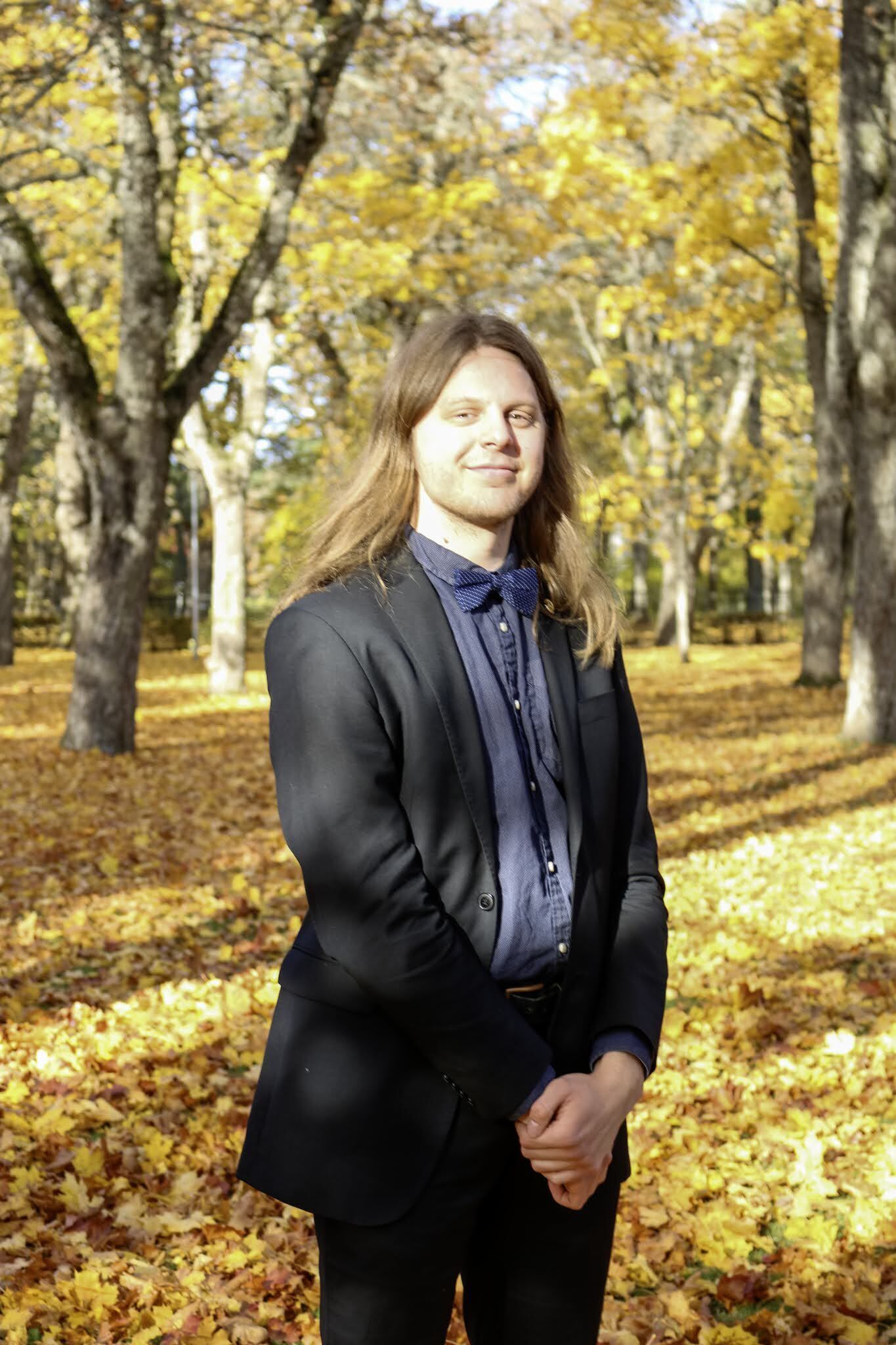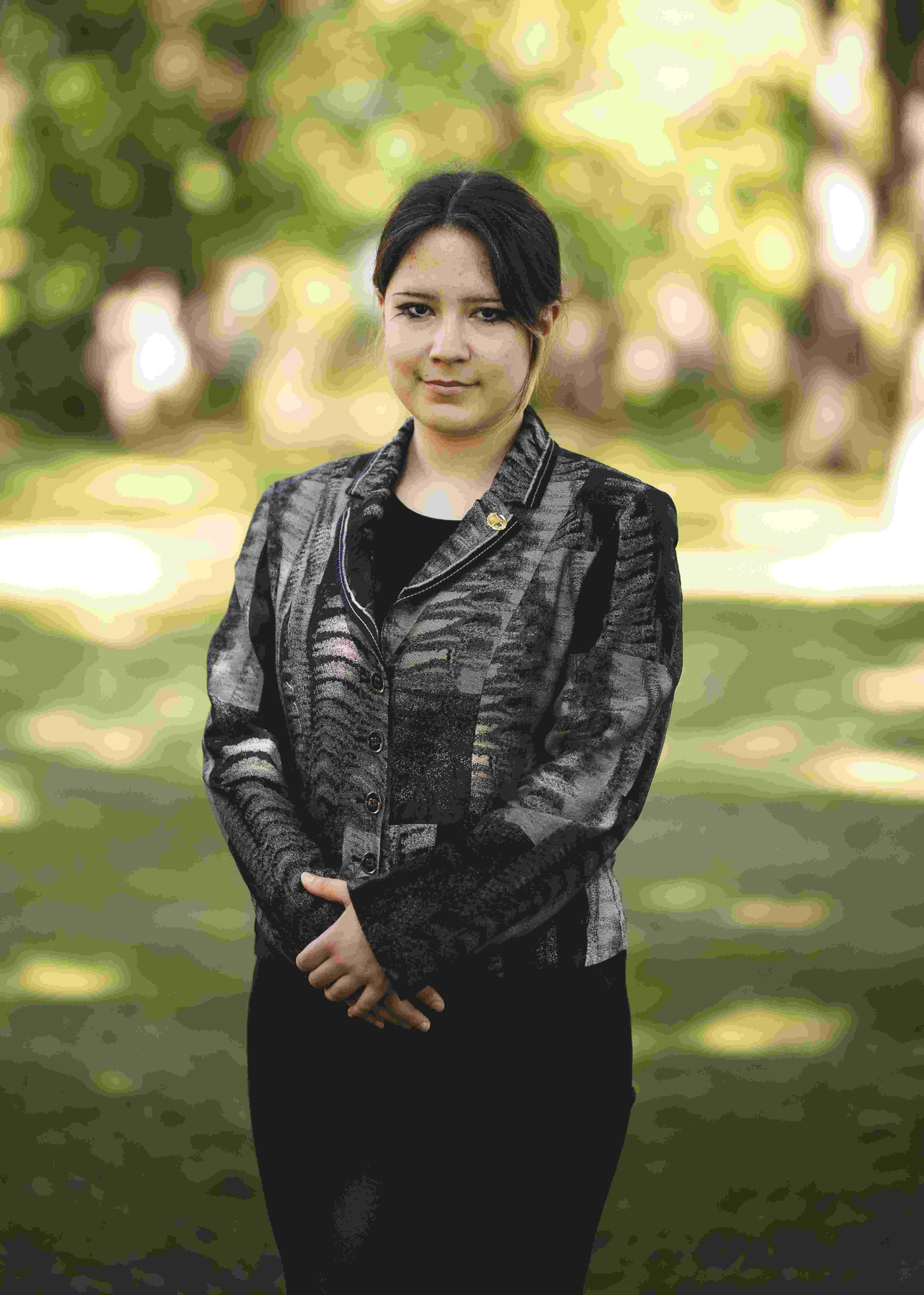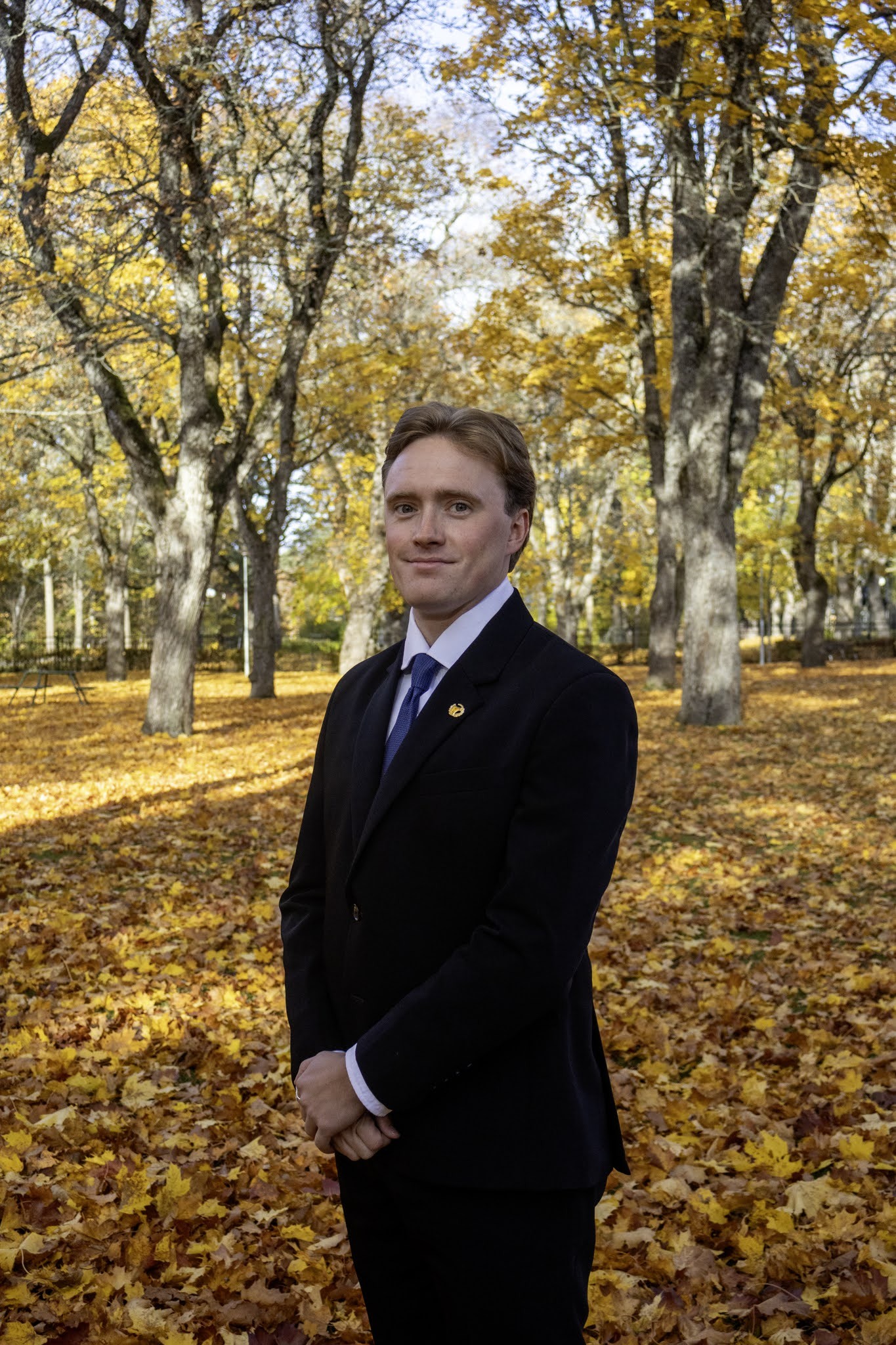How would you explain monitoring of student interests?
How would you explain student influence to one of our members who has never heard of it?
Within UTN, student influence is divided into two parts: educational issues and social issues - our education must be of high quality and we students must have a good study environment. Working with student influence is all about working for these things, for example by actively raising issues in various meetings with the university.
Why is monitoring of student interests a legal requirement?
UTN must work with student influence in order to be a student union by law. Why is this so? Why is student influence so important that it is a legal requirement?
In Sweden, the right to student influence is so strong that it is regulated by law. The law states that students should be involved in all preparatory and decision-making bodies that have an impact on education or the students' situation. Student unions are the organizations tasked with managing this legally mandated student influence by appointing student representatives to all relevant bodies and responding to referrals on policy proposals, and thus it is a requirement to work with these things to be classified as a student union.
Why should I care about monitoring of student interests?
As a student, why should I care about student influence? How is it important to me and how does it affect my education?
Student liaison officers and student representatives participate in university meetings when decisions are made on all sorts of issues, such as the introduction of new courses and programs, changes to program curricula, the rules for scheduling exams, and which teachers to hire. All these decisions affect your education! The university often values the views of the student union, but in order for us to represent you in the best possible way, you also need to make us aware of the problems you encounter.
How do you express students' views?
I've heard that you voice students' opinions to the university, but how do you do that in practice?
The most common way in which students' views are expressed is through participation in various meetings. The student liaison officers have seats within a large number of decision-making boards at the university, ranging from the top management of the university down to small working groups discussing the hiring of new teachers. At these meetings, our main task is to highlight the student perspective, and in most cases we also have the right to vote on decisions. In general, the university is very good at listening to students' opinions. In addition to all the bodies that the student liaison officers sit on, there are also many other student representatives who either applied for a specific post or got it through, for example, an assignment at their section.
.png)
.png)




